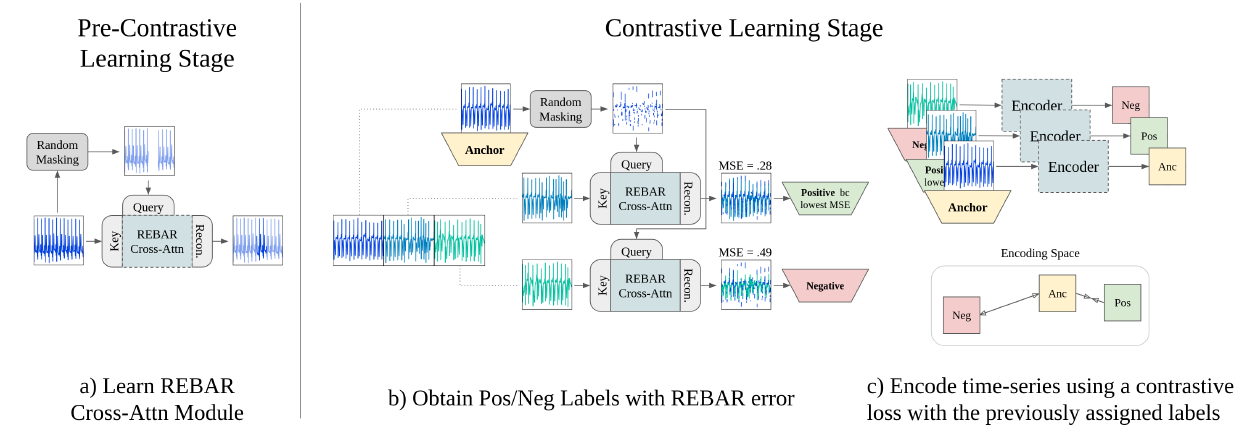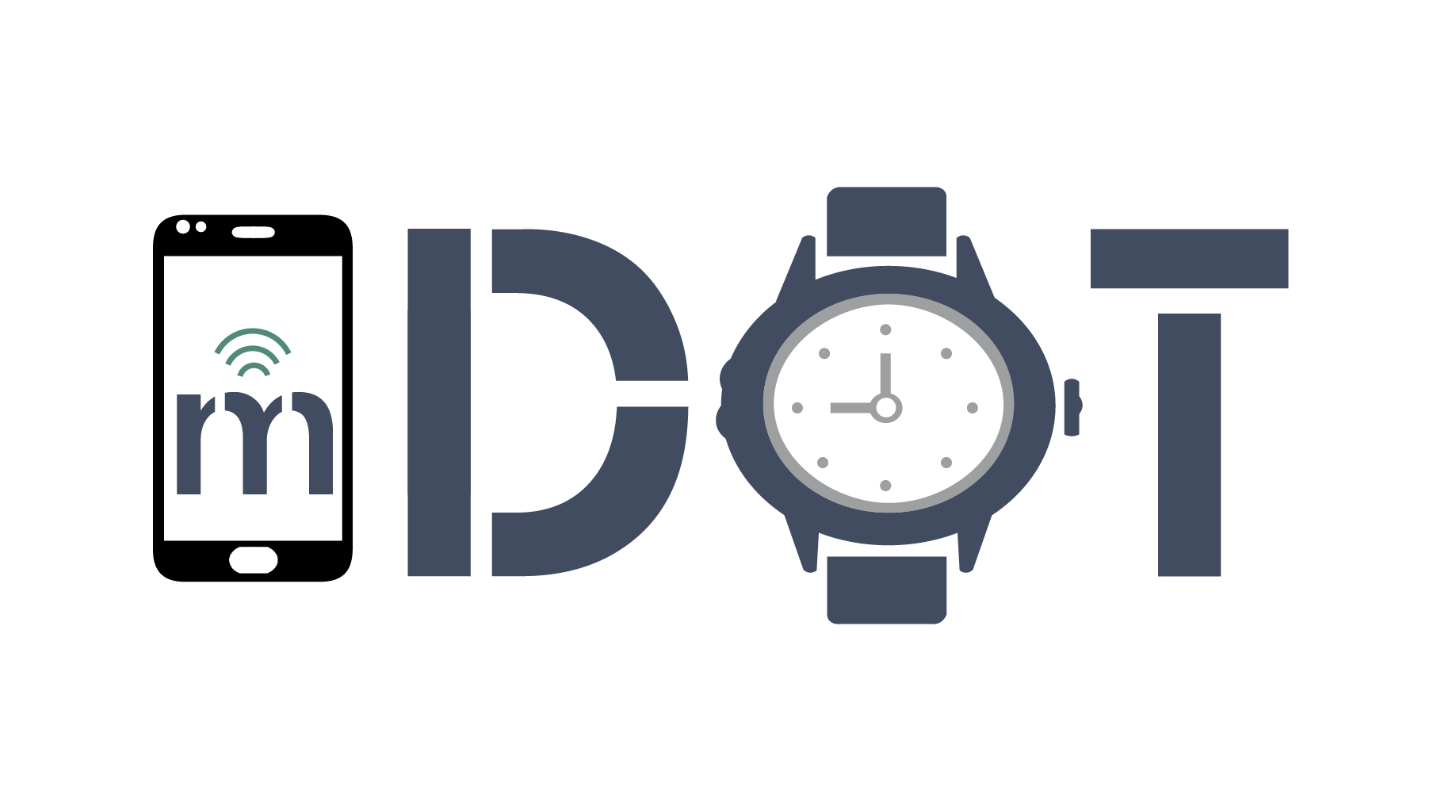
Novel Self-Supervised Learning Method Revolutionizes Sparse mHealth Data Analysis
TR&D1 has introduced a novel self-supervised learning method designed to overcome the persistent challenge of sparse labels in mHealth signal data. Traditional machine learning approaches often struggle with limited labeled datasets, particularly in health monitoring scenarios involving ECG, PPG, and activity signals. This new method leverages a Motif distance measure to identify semantically related subsequences in time-series data, enabling more robust and meaningful representation learning.
By effectively handling sparse labels, this approach allows models to extract high-quality features from large volumes of unlabeled mHealth data. It provides a practical solution for scenarios where collecting labeled data is expensive, time-consuming, or otherwise impractical. Researchers can now analyze complex physiological and behavioral signals with improved accuracy, unlocking deeper insights into health and behavior patterns.
The innovation was highlighted as a full paper at the International Conference on Learning Representations (ICLR) 2024, demonstrating its applicability across multiple datasets and its potential to transform mHealth data analysis. The method not only advances the field of machine learning but also opens the door to more scalable, data-efficient strategies for analyzing health signals.
By integrating this approach into ongoing mHealth research, TR&D1 is setting a new standard for self-supervised representation learning, enabling health scientists to make better use of sparse yet critical signal data. This development underscores the mDOT Center’s commitment to advancing methodological innovations that directly improve digital health research capabilities.
Poster citation
Xu, M., Moreno, A., Wei, H., Marlin, B., & Rehg, J. M. (2024). REBAR: Retrieval-based reconstruction for time-series contrastive learning. In Proceedings of the 12th International Conference on Learning Representations. https://openreview.net/forum?id=3zQo5oUvia








